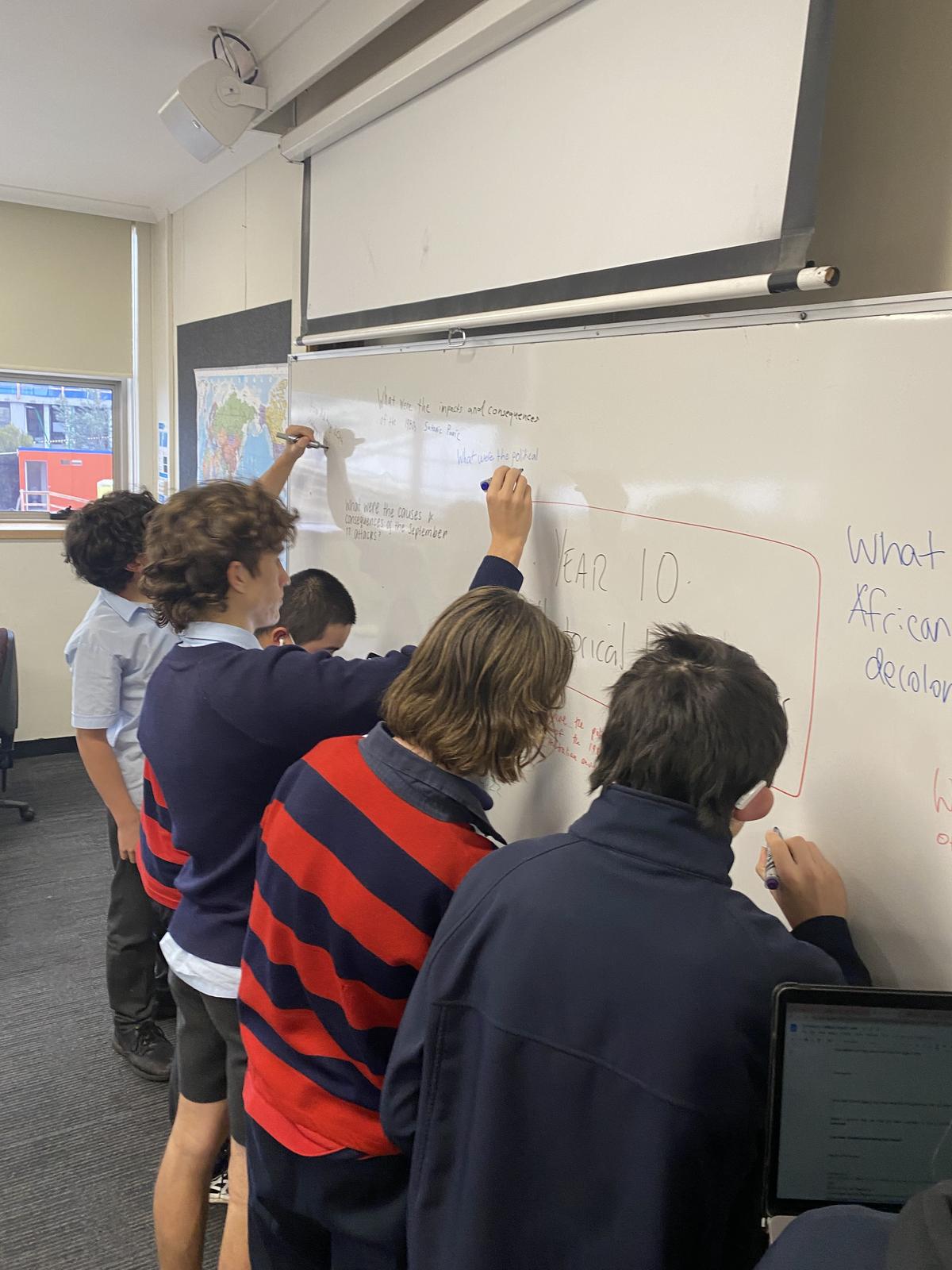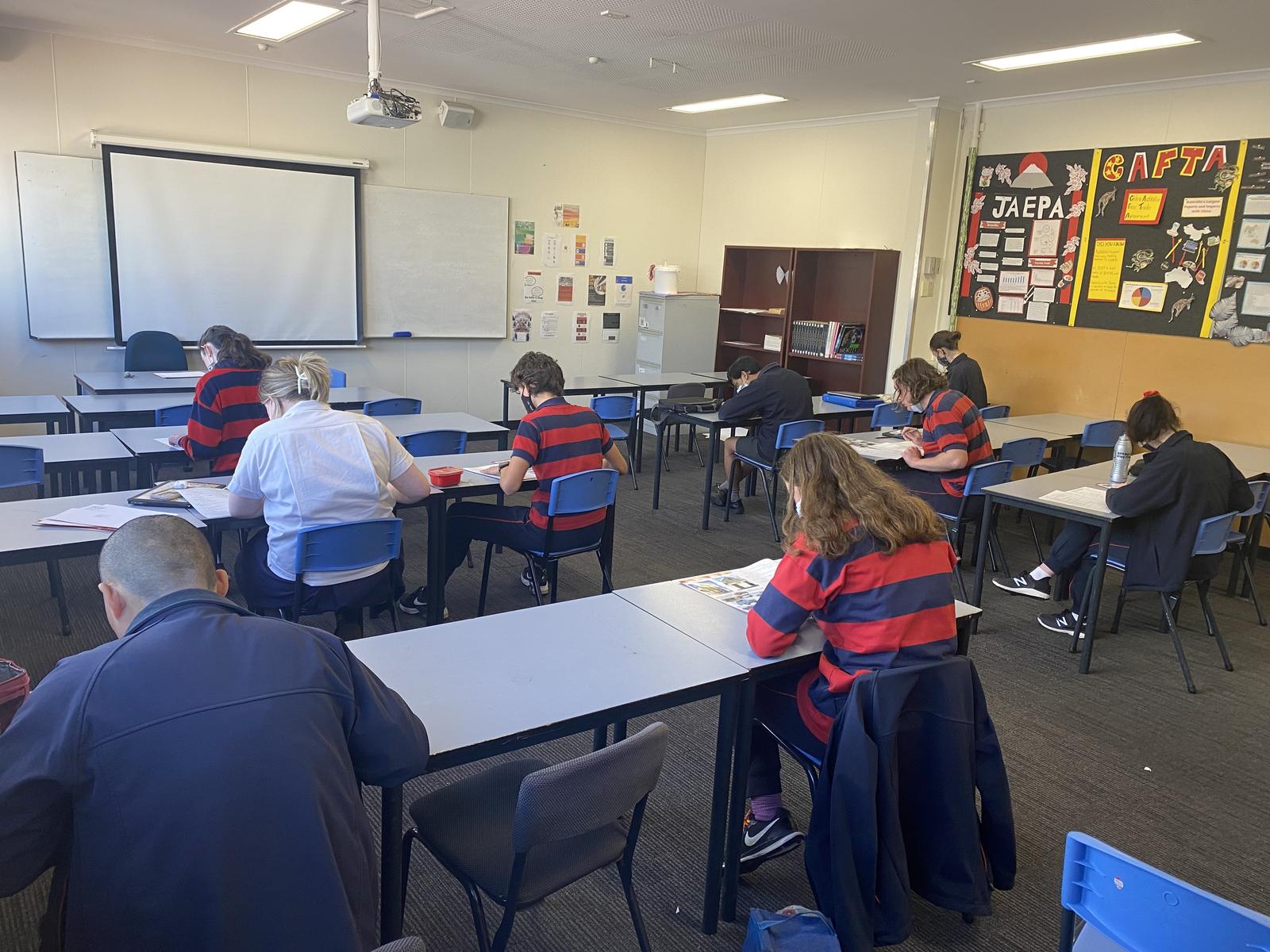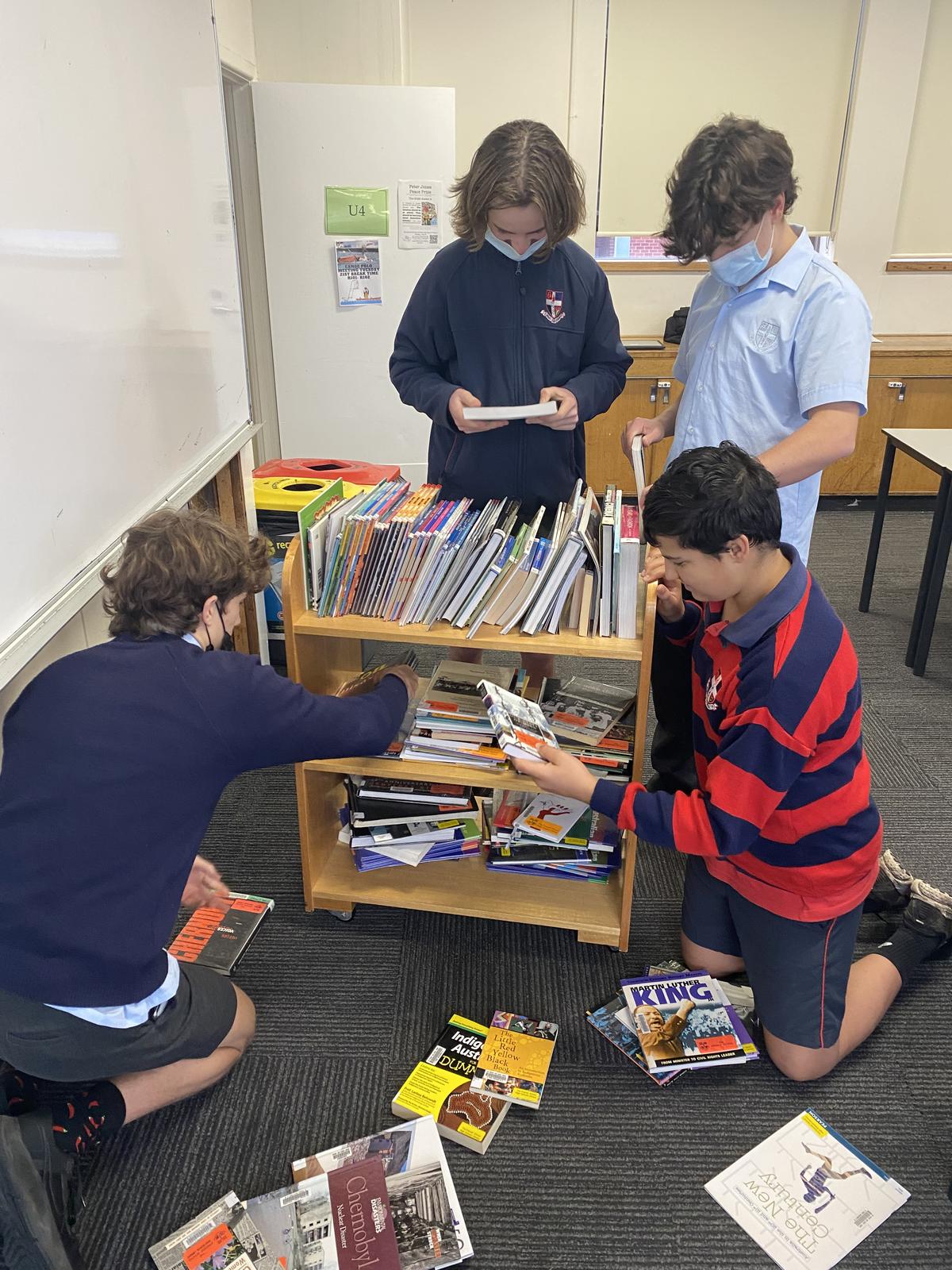Humanities
HUMANITIES FACULTY

Humanities
HUMANITIES FACULTY
| 🎓 Course Type | Compulsory |
|---|---|
| 🧩 Units | 3 |
| 🗓 Timing | Units 1 and 2 of Humanities in Year 9. One unit of History in Year 10. |
| ⏱ Hours per week | 3 |
| ✏️ Selection | Year 9 Humanities automatically included. Year 10 History must be selected for one semester of Year 10. |
| 🧭 Future Pathways | There are no Humanities pre-requisites for Year 11 and 12 |
Humanities in the High School consists of the study of four distinct subject areas. It includes History, Geography, and Civics and Citizenship as well as Economics and Business. Learners spend time developing skills in communication, analysis and research. Learners will engage in activities designed to identify the context and significance of events and developments, incorporate multiple perspectives and recognise the value of using evidence to justify a point of view.
Year 9
All students in Year 9 study Humanities. In Year 9 students may also select Economics, Business and Law (EBL) in addition to the Humanities program. They can select this Semester long course in Year 9 or Year 10.
Year 10
All students in Year 10 study History. There are a number of additional Humanities options in Year 10. These options include Economics, Business and Law (EBL) and EBL 2 (2023 only) Geography, Global Politics, Social Psychology, Religious Studies and Philosophy.
Up to 4 units of Humanities electives may be studied in Year 10, in addition to History.
Humanities in Year 9 involves the study of History, Geography, Civics and Citizenship, Business and Economics. Students study the causes, course and impact of World War One, the role of the media in shaping government policies, political parties and electoral processes in the 21st century. Students study issues that influence their lives as individuals and as members of different groups. Humanities in Year 9 also explores geographies of interconnectedness by investigating ways that humans are connected across place and space. Year 9 Humanities also investigates economic decision making and the interests of consumers and businesses.
Content and concepts:
History:
Geography
Civics and Citizenship:
Economics and Business:
Year 10 students study History in either Semester one or two. The study of History is essential to engaging fully in the present and participating in the future. It also helps learners develop their global awareness and promotes sensitivity to the needs of others through an exploration of multiple perspectives. This course helps students to develop an historical overview of the events and ideologies that continue to shape the world in which they live.
Learners are introduced to skills and concepts throughout the course that will help prepare them to undertake Humanities and English subjects in the TCE or the IB Diploma.
Learners will study both an overview and an in depth investigation of the following historical periods and developments:






Please see the description of these subjects on the following pages:
| Economics, Business & Law (EBL) 9&10 | Philosophy 10 |
| Geography 10 | Social Psychology 10 |
| Global Politics 10 | Religion in Society 10 |